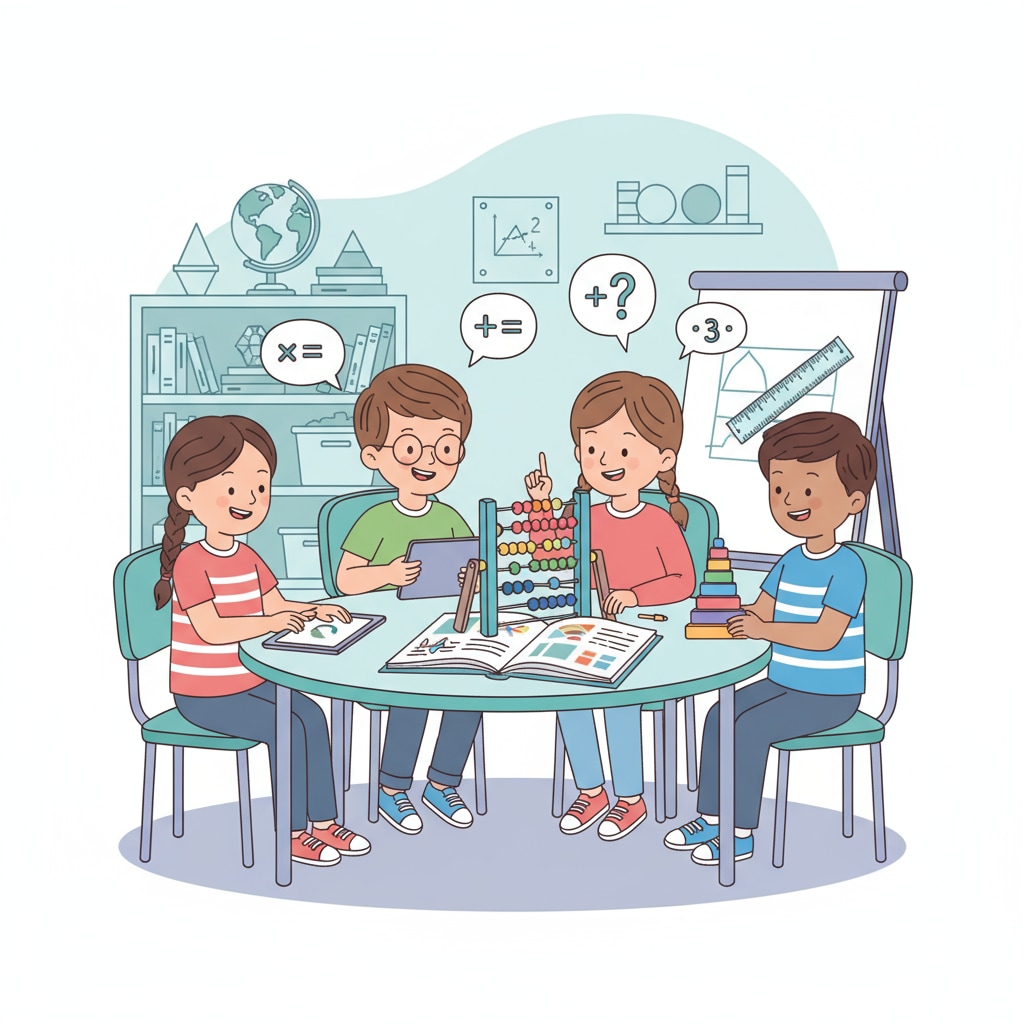Children’s math, learning projects, and math difficulties are common concerns among parents. When a child, especially around 9 years old, struggles with math, it can be a source of worry. Instead of applying pressure, finding the right educational program is crucial.

Identifying Math Learning Barriers
First, it’s essential to recognize the signs of math learning difficulties. Some children may have trouble understanding basic concepts like numbers, counting, or simple arithmetic operations. Others might struggle with more complex tasks such as word problems or geometry. For example, a child who has difficulty grasping the concept of addition and subtraction may be facing a fundamental math learning barrier. According to Psychology Today, learning disabilities in math can be caused by various factors, including neurological differences and lack of proper instruction.
Evaluating Suitable Learning Projects
Once the barriers are identified, it’s time to look for appropriate learning projects. There are numerous options available, from online courses to in-person tutoring. Online platforms often offer interactive lessons and games that can make learning math more engaging. In-person tutoring, on the other hand, provides one-on-one attention. For instance, Khan Academy offers a wide range of math courses for children of all ages, covering everything from basic arithmetic to advanced calculus. When evaluating a learning project, consider the teaching methods, the experience of the instructors, and the success rate of previous students.

Another aspect to consider is the flexibility of the program. Some children may need a more structured approach, while others benefit from a more flexible schedule. Additionally, the cost of the program should be within your budget. Don’t forget to read reviews and testimonials from other parents to get an idea of the program’s effectiveness.
Finally, family support plays a vital role in a child’s math learning journey. Parents can create a positive learning environment at home by providing encouragement and resources. For example, you can play math games with your child, such as card games or board games that involve numbers. This not only makes learning fun but also helps reinforce math skills. By working together with the chosen learning project, parents can significantly improve their child’s chances of overcoming math difficulties and building confidence in the subject.
Readability guidance: By following these steps – identifying barriers, evaluating projects, and providing family support – parents can help their 9-year-old children with math difficulties find the right learning path. This approach ensures a more effective and enjoyable math learning experience for the child.


